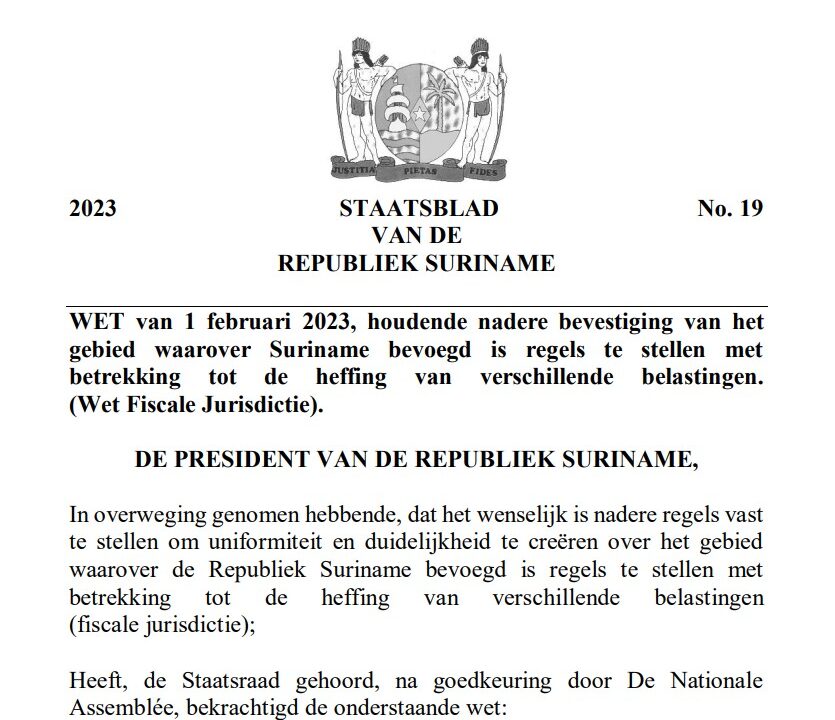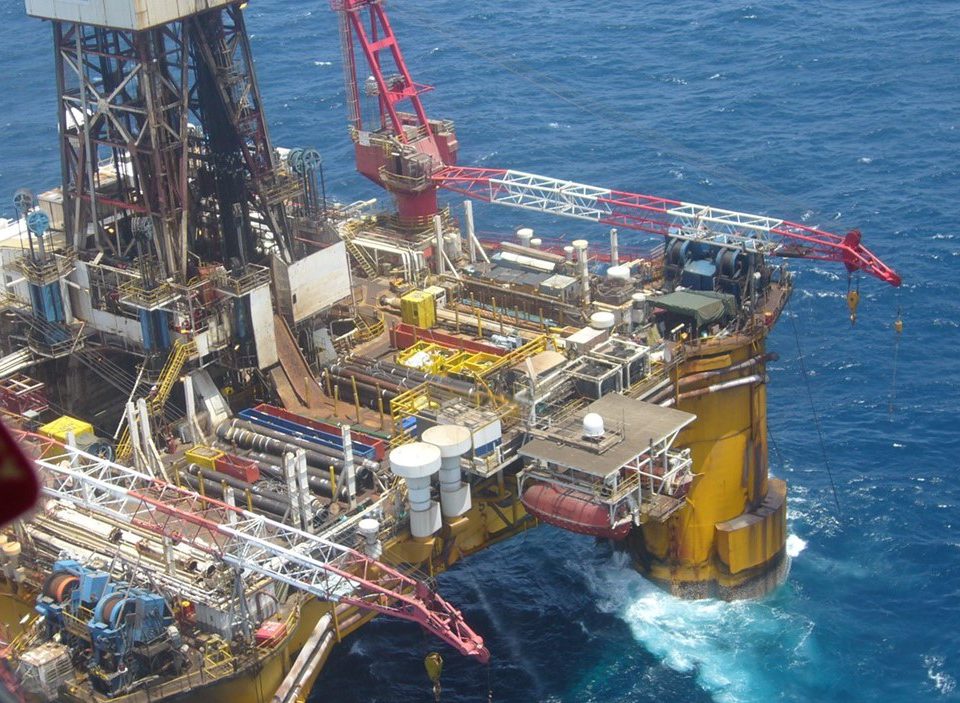
FISCALE WETGEVING ALS BASIS VOOR DUURZAME ONTWIKKELING
October 5, 2017Impact Of The Implementation Of VAT On The Oil And Gas Sector In Suriname
Last week I was invited to share my thoughts on the scheduled implementation of VAT in Suriname and its possible implications related to the oil and gas sector with the 4th Operators Forum in Suriname.
The participants to this Forum comprised giant operators such as Petronas, Tullow, Kosmos, Apache, Statoil and ExxonMobil together with Staatsolie and other stakeholders.
I felt very honored with the invitation and considered this as an acknowledgement of the expertise of our firm (ShyamnarainAssociates) in providing tax and legal services to the oil and gas sector in Suriname.
Although my presentation primarily focused on the implications of the scheduled implementation of VAT in Suriname, I also briefly paid some attention to the Law on Maritime Zones (Wet Maritieme Zones), which was enacted in March this year and the draft for a General Tax Law (Algemene Wet Belastingen).
Wet Maritieme Zones is a law pertaining national jurisdiction over the adjacent maritime zone of the Republic of Suriname and describes four maritime zones: Territorial Zone, Contiguous Zone, Exclusive Economic Zone (EEZ) and the Continental Shelf. It further establishes the borders of each of the zones and the sovereign rights Suriname is entitled to in these zones.
As a consequence of establishing the border of its Continental Shelf, the total maritime zone over which Suriname may execute certain sovereign rights, officially has been extended with up to 150 miles beyond the border of its 200 miles EEZ.
Algemene Wet Belastingen intends to define the general principles and formal aspects of taxation in Suriname and will apply alike to all applicable taxes in Suriname and its entire maritime zone.
This law among others will extend/establish tax jurisdiction for applicable taxes in Suriname to its entire maritime zone, because the law provides for that all Suriname taxes will be applicable to “the territory of the Republic of Suriname and all the waters over which Suriname, based on international law, is entitled to execute certain sovereign rights with regard to the exploration and exploitation of natural resources”.
It is unclear yet when this draft law will be brought to Parliament for approval and its subsequent implementation.
What’s ahead under the Suriname VAT?
Suriname currently has no VAT, but instead has a Sales tax/Turnover tax. Sales tax actually (in general) only applies if the supply of a taxable good or a taxable service occurs in Suriname.
For Sales tax purposes “Suriname” is defined as “the territory (mainland) of the Republic of Suriname and its territorial waters.” Consequently the 200 miles EEZ is not included in Suriname’s Sales tax jurisdiction.
From a perspective of offshore oil and gas Operators and Contractors the Sales tax has relatively little impact on activities in the Suriname offshore area.
Unlike with the current Sales tax, the tax jurisdiction for VAT purposes will not be limited to the territory of Suriname and its territorial waters, but will be extended to the area beyond Suriname territorial waters.
For VAT purposes “Suriname” is defined as “the territory of the Republic of Suriname and all the waters over which Suriname, based on international law, is entitled to execute certain sovereign rights with regard to the exploration and exploitation of natural resources.”
Also unlike the current Sales tax, VAT will apply to all goods and services, unless exempt by the law.
If a service is performed in Suriname for the account of a foreign based client, the client (in general) will become liable for Sales tax, if it has a PE in Suriname.
The proposed general rate is 17.5%. However, exports will be taxed at a zero rate (0%).
Conclusions
The main conclusions from my presentation on the VAT were the following:
- Provided that the VAT law will be implemented as scheduled, this actually means that all services related to exploration of oil and gas (e.g. seismic, drilling etc.) performed within the Suriname offshore area will incur 17.5% VAT starting 1st January 2017. (Note: the Minister of Finance announced today that the scheduled implementation date is postponed for an indefinite period, due to a delay in the preparations.)
- Implementation of the VAT will undoubtedly result in a substantial increase of the exploration costs of the Operators and in my opinion can be considered “to have the effect of adversely impacting the rights and exemptions of the Operator or adversely impacting Operator’s economic benefit in the Contract (..)”, as provided for in the Stability Clauses of the PSC’s which the Operators have signed with Staatsolie.
- Therefore it seems advisable that the Operators consider to seek compensation/avoidance of the financial impact of the VAT. This can be done by renegociating the economic terms of their PSC’s with Staatsolie or by starting a lobby campaign (supported by Staatsolie) to get the draft VAT law amended in such that the goods and services provided in relation with exploration activities are exempt from VAT.
- Although a zero rate will apply for oil and gas companies on the export of their (future) products, it may prove to be a challenge to actually materialize a timely refund of the VAT incurred.
- The draft of the VAT law, which currently is under consideration may be amended before it will be presented to Parliament for approval.
- The roll out of VAT by the Tax Administration may be a bumpy road, given the poor stage of the preparations for its implementation.




